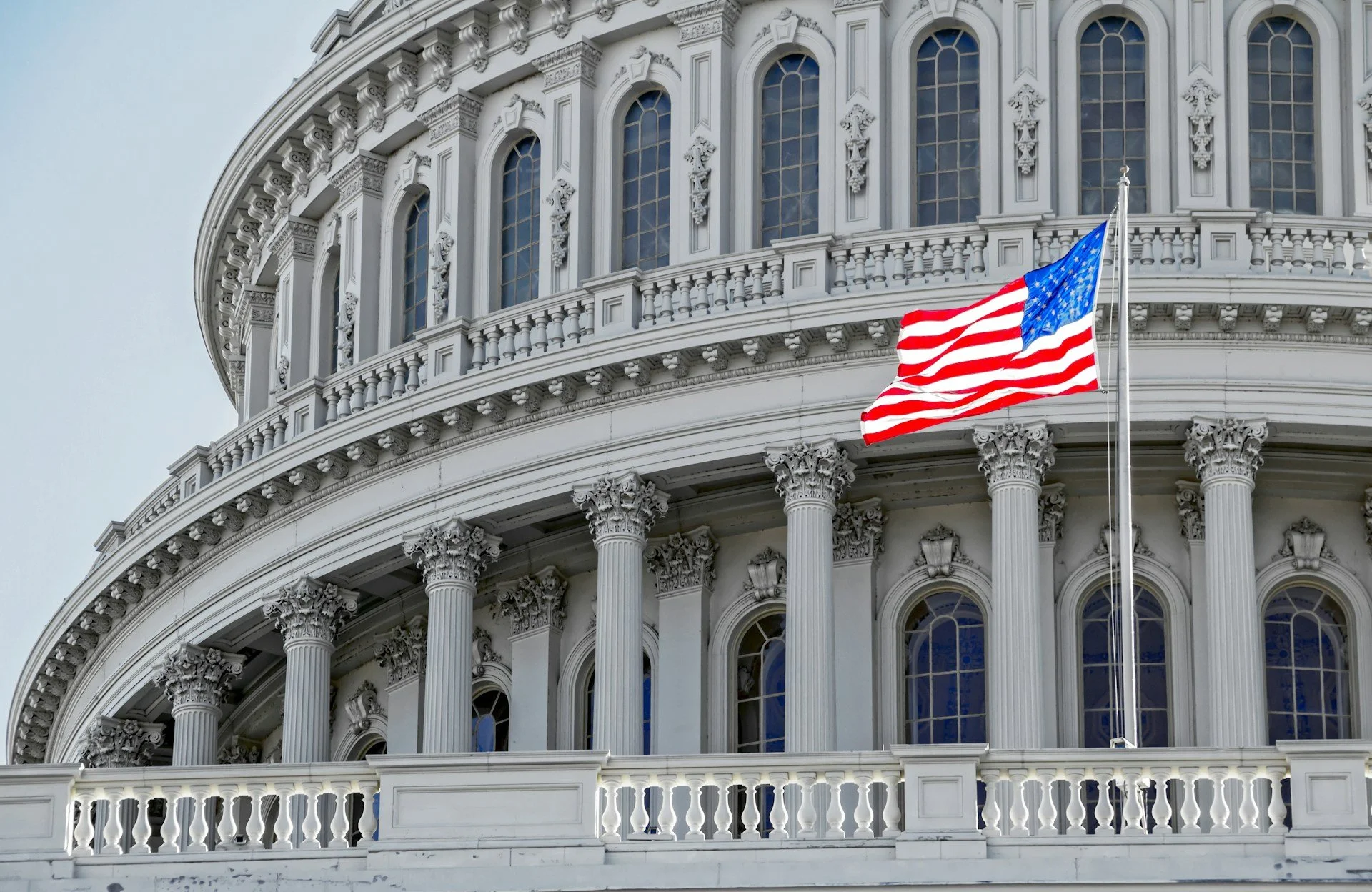Will the One Big Beautiful Bill Deliver Economic Growth?
Lawmakers recently passed the One Big Beautiful Bill Act (OBBBA). The bill makes permanent individual rates from the 2017 tax cuts and extends key provisions related to business capital expenditures. What impact could the bill have? History shows that tax changes did not always deliver consistent results, with outcomes dependent on the overall state of the economy. While some past tax cuts led to strong economic growth, others occurred during or immediately before an economic slowdown. The OBBBA may offer a modest, short-term boost to economic growth, but its long-term effect will depend on other factors, such as interest rates, business confidence, and consumer strength.
Past Tax Cuts Show Mixed Economic Results
Tax policy changes have produced a wide range of outcomes depending on the economic environment at the time. For example, the 1964 tax cuts supported strong growth due to favorable trends already in place, such as post-war expansion and the emergence of the baby boomer generation. On the other hand, the 2011 payroll tax break had little impact on consumer spending during a sluggish post-2008 recovery. Large tax cuts, like those in 1981 and 2001, could not prevent a recession. These examples suggest that the success of tax policy changes depends heavily on timing and broader conditions.
Real GDP Growth Indexed to Effective Date of Tax Changes
Business Investment Reacts Most to Expensing Changes
Policies that allow companies to deduct capital expenses, known as expensing rules, immediately can boost business investment. After the 2017 tax law introduced generous expensing rules, investment increased, particularly in machinery and equipment. However, the effect was not sustained. By late 2019, the momentum had already slowed. The pandemic and interest rate hikes make it challenging to know the exact impact, but most of the gains have been short-lived. This highlights how investment responses may be front-loaded and fade without ongoing support.
Business Investment Indexed to the 2017 Tax Cuts
Consumer Spending Depends More on Economic Growth Than Tax Cuts
Changes in tax laws do not always translate to noticeable changes in consumer spending. The 1990 tax increase, which mainly affected high earners, saw consumer spending grow similarly to the 2001 tax cut. This is likely because higher-income households tend to save more, so their spending does not change much with taxes. In contrast, low-income households are more likely to spend extra income, meaning tax increases on this group could reduce overall spending. Again, the broader economy plays a more critical role than tax changes alone.
Consumer Spending Indexed to Effective Date of Tax Changes
Stock Markets Respond to More Than Just Tax Policy
Stock market performance after tax policy changes also lacks a clear pattern. The stock market traded higher after some tax hikes and fell after some tax cuts. For example, the best stock returns followed a 1990 tax hike, while one of the worst occurred after the 2001 tax cuts during the dot-com downturn. This suggests that market behavior is influenced more by global trends, investor sentiment, and other policies, such as trade or interest rates, than by tax changes alone.
S&P 500 Return Path in the 12 Months After Tax Policy Changes
OBBBA Is More of an Extension Than New Tax Cuts
The OBBBA mainly extends parts of the 2017 tax law. It makes the 2017 individual tax cuts and larger standard deduction permanent and temporarily revives the business expensing rules. It also makes the eligibility requirements for some public programs more restrictive, which economists estimate will increase tax liabilities for certain households. While the bill may give a short-term lift to business spending, it is unlikely to have a large or lasting effect unless further legislation follows in the years ahead.
While tax changes like those in the OBBBA can sound significant on paper, their real-world impact often hinges more on the broader economic backdrop. Businesses may respond to renewed expensing incentives, but tax policy alone makes consumer behavior and market trends harder to shift. A look back at past tax cuts shows that legislation is just one piece of a larger puzzle. Shifts in growth, inflation, and interest rates will likely remain the primary drivers of economic and market outcomes.
Important Disclosures
This material is provided for general and educational purposes only and is not investment advice. Your investments should correspond to your financial needs, goals, and risk tolerance. Please consult an investment professional before making any investment or financial decisions or purchasing any financial, securities, or investment-related service or product, including any investment product or service described in these materials.









